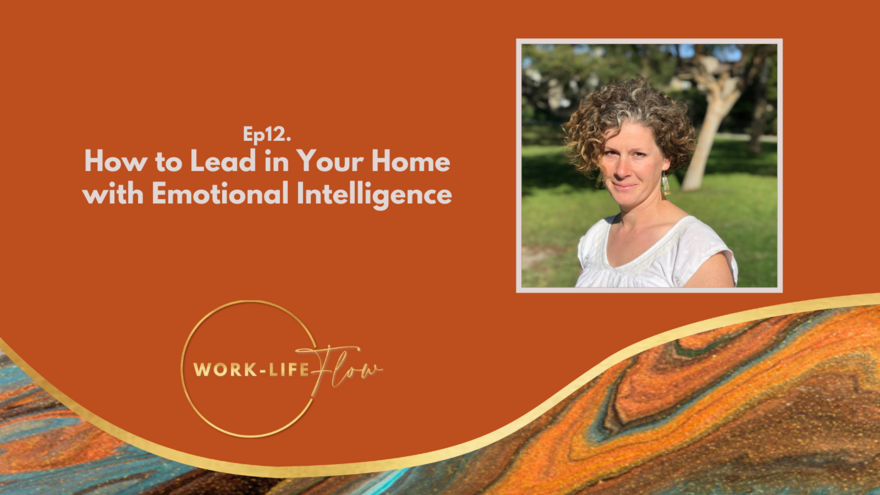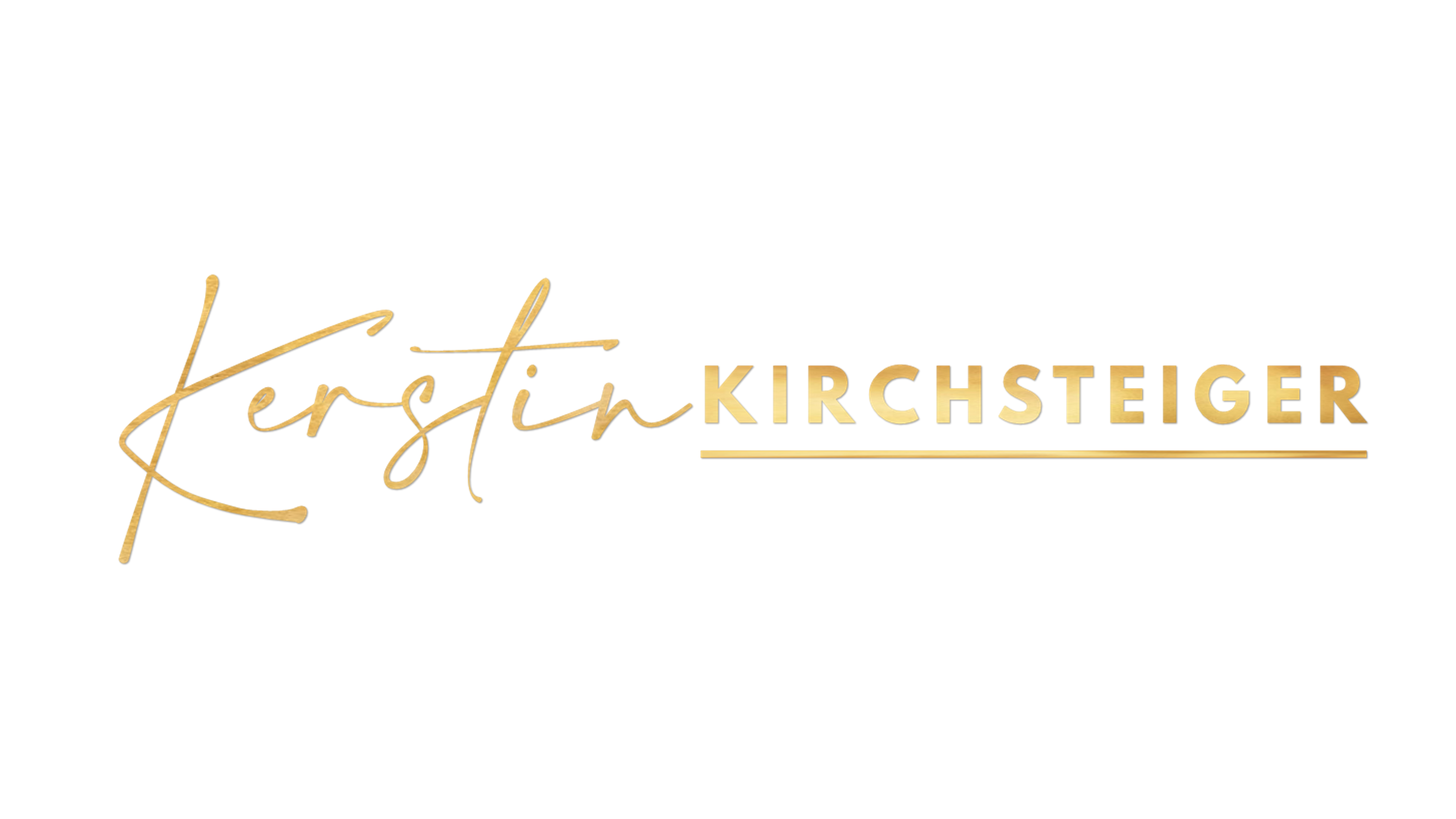How to Lead in Your Home with Emotional Intelligence

In this last episode before the new year, I wanted to share my view on Emotional Intelligence and Leadership training for individuals who are not necessarily considered leaders in their job. They may or may not yet have climbed the ranks.
To listen click the icon below:![]()
![]()
Looking back at this year, a lot of us have had the opportunity to turn inside and redefine their values. Here’s to a happy and healthy 2021 and to crushing your personal and professional goal in the new year!
Insta @kerstin_kirchsteiger
Sit back and relax while the kids get ready on their own! With my 4 Must-Have Checklists for Your Kids (So they feel empowered and you feel calm)
A few days back I did some research on whether it would be appealing to working moms to be considered the leader of their home.
And the backlash was unexpected and enormous. Comments were: “I am already the leader at work. I want my home to feel nurturing”, “I am done leading after a full day of work”, “My partner and I work together, no-one leads”.
This made me think. What does being a leader mean to them? Why do they have such a negative connotation with leadership? So I started to google the term “leader”
And then I turned inside. Why do we have such a negative connotation with leadership? Is it because most of us have grown up in a system where the teachers, the authorities, the parents held a power position over us most of our lives?
Is it because schools have taught us to obey and follow rules, rather than foster independent thinking and valuing collaboration, where knowing was more important than curiosity or exploration, where taking risks was punished?
Do these experiences of powerlessness get triggered when I say “become the leader of your home”? Maybe that mom couldn’t fathom that they wish to be “nurturing in your home” is absolutely possible while being a leader. Maybe it is a lack of good leadership we experienced in our lives.
The question remains, how do we shift what leadership means to us?
A thought that crossed my mind was that we have to move from “power over” to “power with”.
One of my core beliefs in my business manifesto is: “Being a mom is the most difficult, yet rewarding leadership position you’ll ever have.”
What does leadership mean to me? This is the definition I came up with:
Leader: A person who recognizes the potential of others and inspires them to reach it by recognizing people’s strengths and helping them develop skills. Always looking to grow in their own development. Questioning the status quo, breaking out of the mold, creative thinker and self-directed learner. Making confident decisions and taking responsibility for all of the results they create in their life.
What if I told you that this is my definition of an emotionally intelligent leader? Does it make more sense now when I say we should be leaders in our own homes? Is the shift from “power over” to “power with” clear enough?
A shift from authoritarian parenting where obedience is key and punishment is a go-to to authoritative parenting, where relationships are valued and the rules are firm, kind, and clear.
It also doesn’t exclude co-parenting or co-leading with your partner. On the contrary, it would be a model where the parents and children work together as a team. Where the parents would lead the team in a way that everyone gets a voice at the table (in an age-appropriate way).
When you start to see yourself as a leader in that sense your focus will be on the relationships you have in your life, be it at work or at home.
Working on your Emotional Intelligence will improve your relationships immediately. To illustrate this, I wanted to share the core competencies in the GENOS EI model. They are
- Self-awareness
- Awareness of others
- Authenticity
- Emotional reasoning
- Self-management
- Inspiring performance
The model goes further by illustrating the shift in your leadership state from an unproductive state to a more productive state. In self-awareness, you would shift from feeling disconnected to being present. In the competency of Awareness of others, you’d shift away from insensitive to empathetic. From untrustworthy to genuine (in the competency of authenticity). In Emotional reasoning, the shift is from limited to expansive. The area of self-management helps shift from temperamental to resilient. And lastly, Inspiring performance would shift your leadership from indifferent to empowering.
When working with this model of Emotional Intelligence with clients I share, that we tend to shift between these states and the goal is to reach the productive leadership states as often as possible.
Would you still reject the idea of being a leader in your home if I told you you could be more present, empathetic, genuine, expansive, resilient, and empowering?
The reality is, we are all emotional beings, whether we like it or not. Our lizard brain developed to keep us safe by tagging our environment and experiences with emotion in milliseconds. These emotions in turn fire a hormonal response to reinforce the response. In a dangerous situation (think sabretooth tiger) this fight, flight, or freeze response was needed. In today’s world, the threats we are experiencing are more subtle most of the time. That annual performance review discussion; the project that went overtime and you don’t know how to tell your boss about it; the uncertainty the pandemic brought this year; the tantrum your kid has in front of you. All are being interpreted as threats by our emotional brain. It is upon us to notice and interpret these emotions so we can react in a more appropriate way to modern-day threats.
Since we can’t turn the response off, we might as well get better at dealing with our emotions. It is no surprise then, that once we become more emotionally intelligent it will impact our life as a whole, not only at work.
In the corporate world, leadership training has been focussing on emotional intelligence for years. I hope that more people will see the benefits of emotional intelligence and will see it as an opportunity for personal growth.
As a mom, I believe I am a leader and so are you. Aren’t we leading by example? Aren’t we trying to instill values in our children and make sure they have a good start in life? Aren't we curating their environment so they learn skills and can be successful? If you still doubt it, let me share a blog post I wrote a while ago.
“The Leadership Flag” blog post
What are your thoughts about leadership in the home? I’d love to hear from you. Message me on Instagram @kerstin_kirchsteiger.

0 comments
Leave a comment